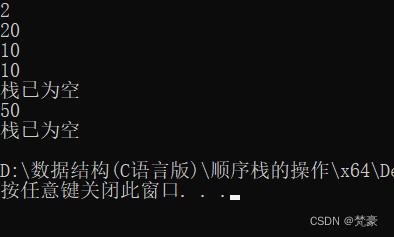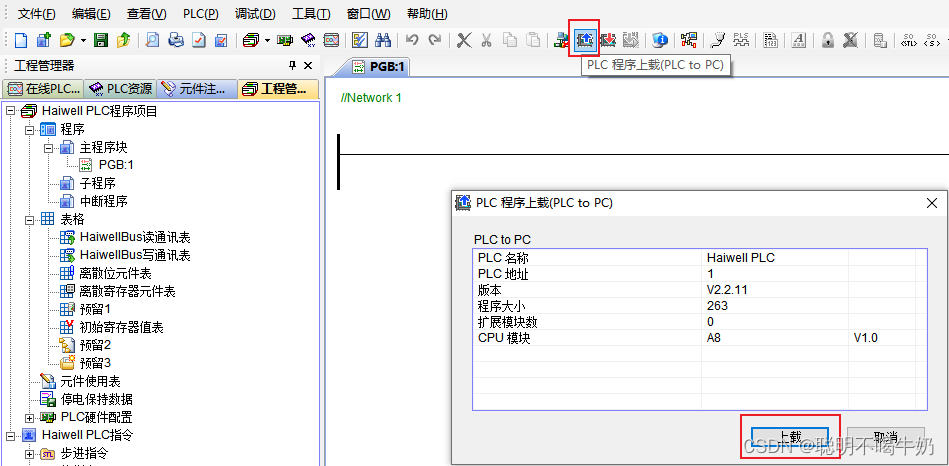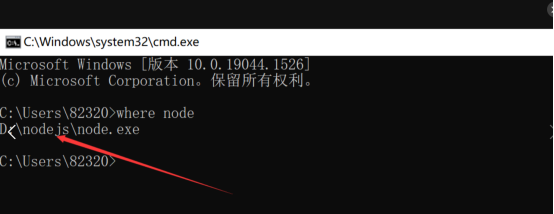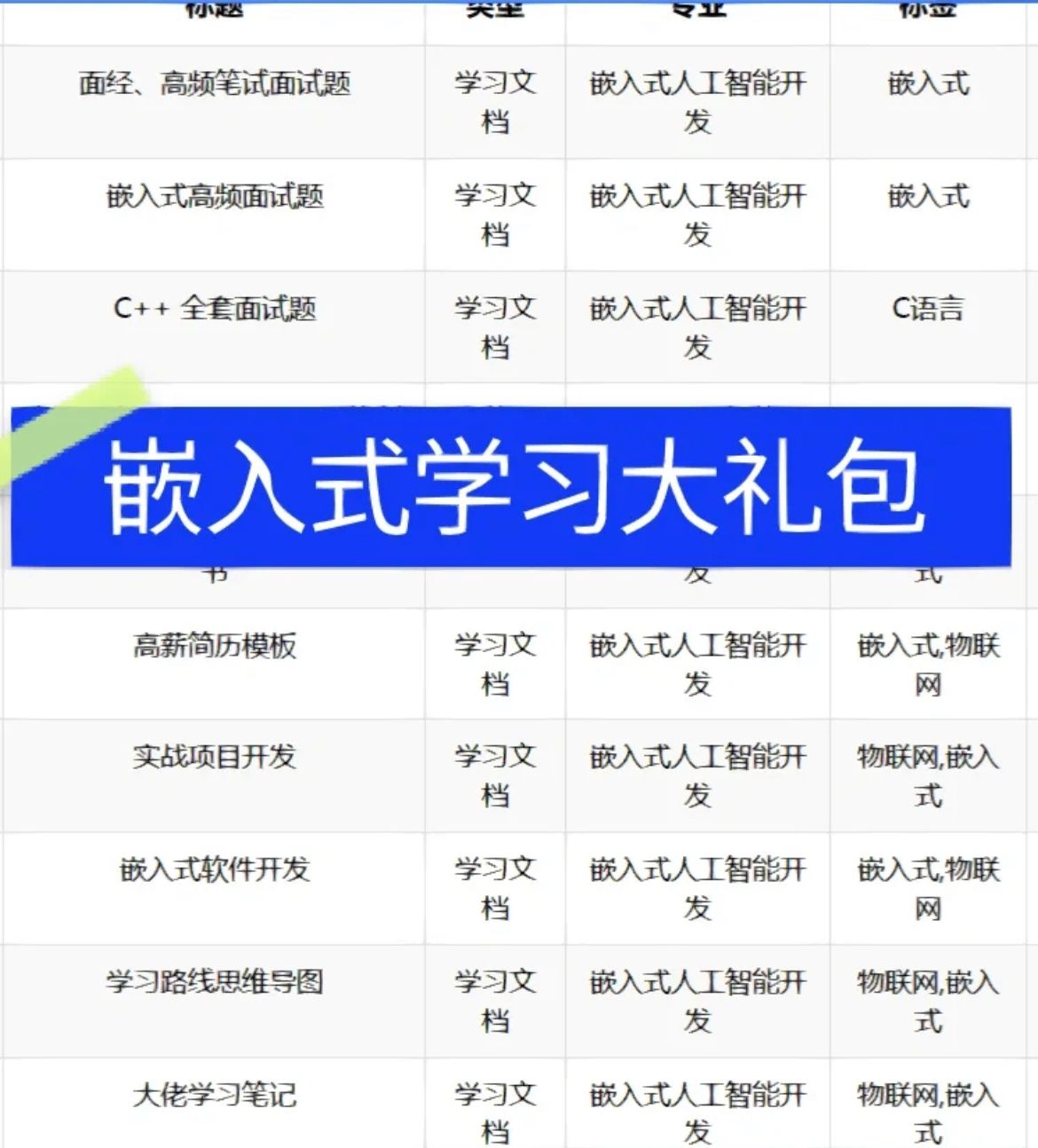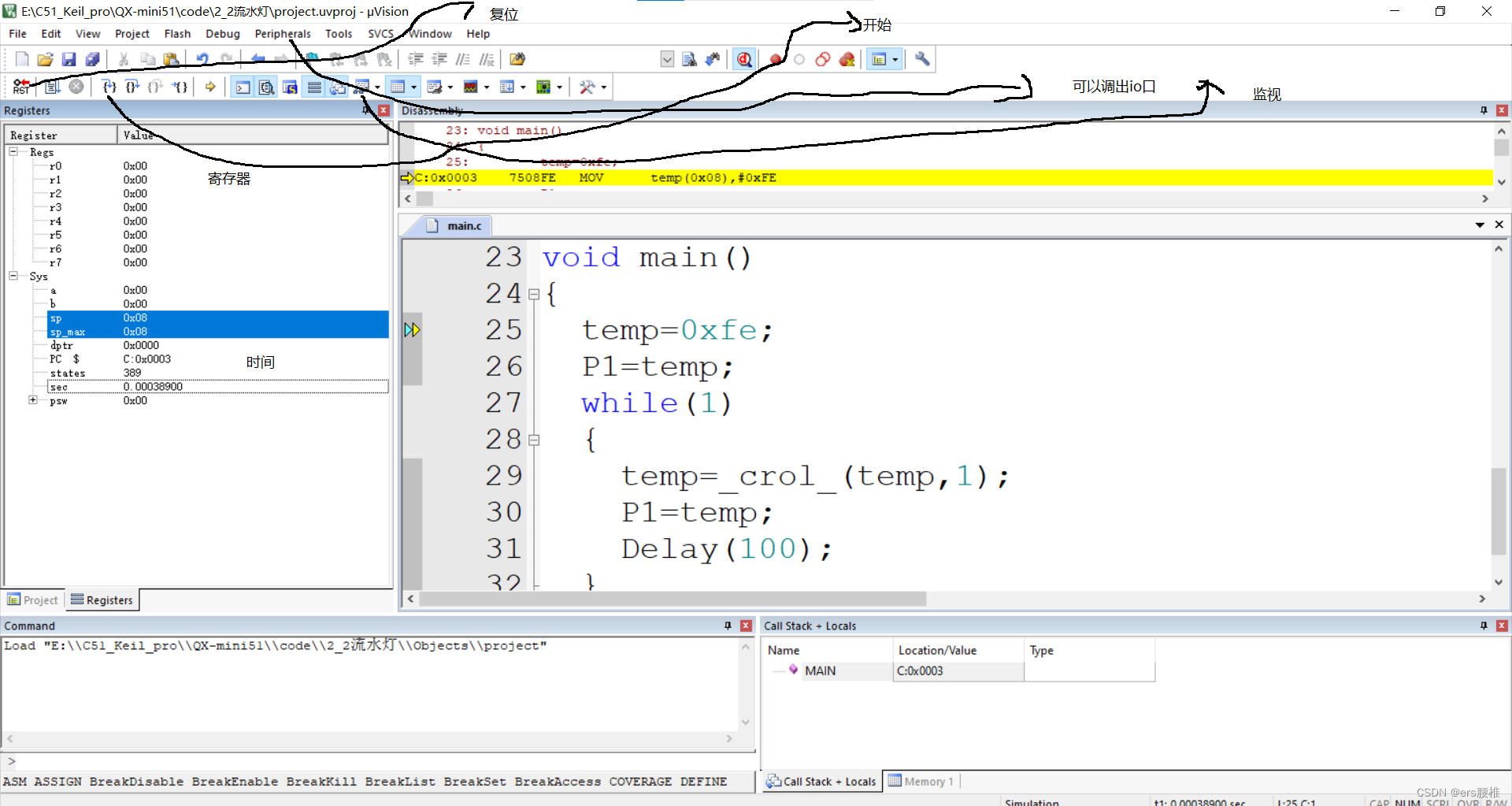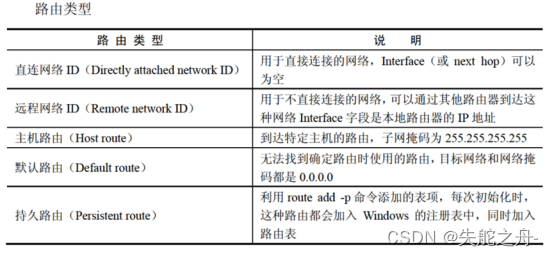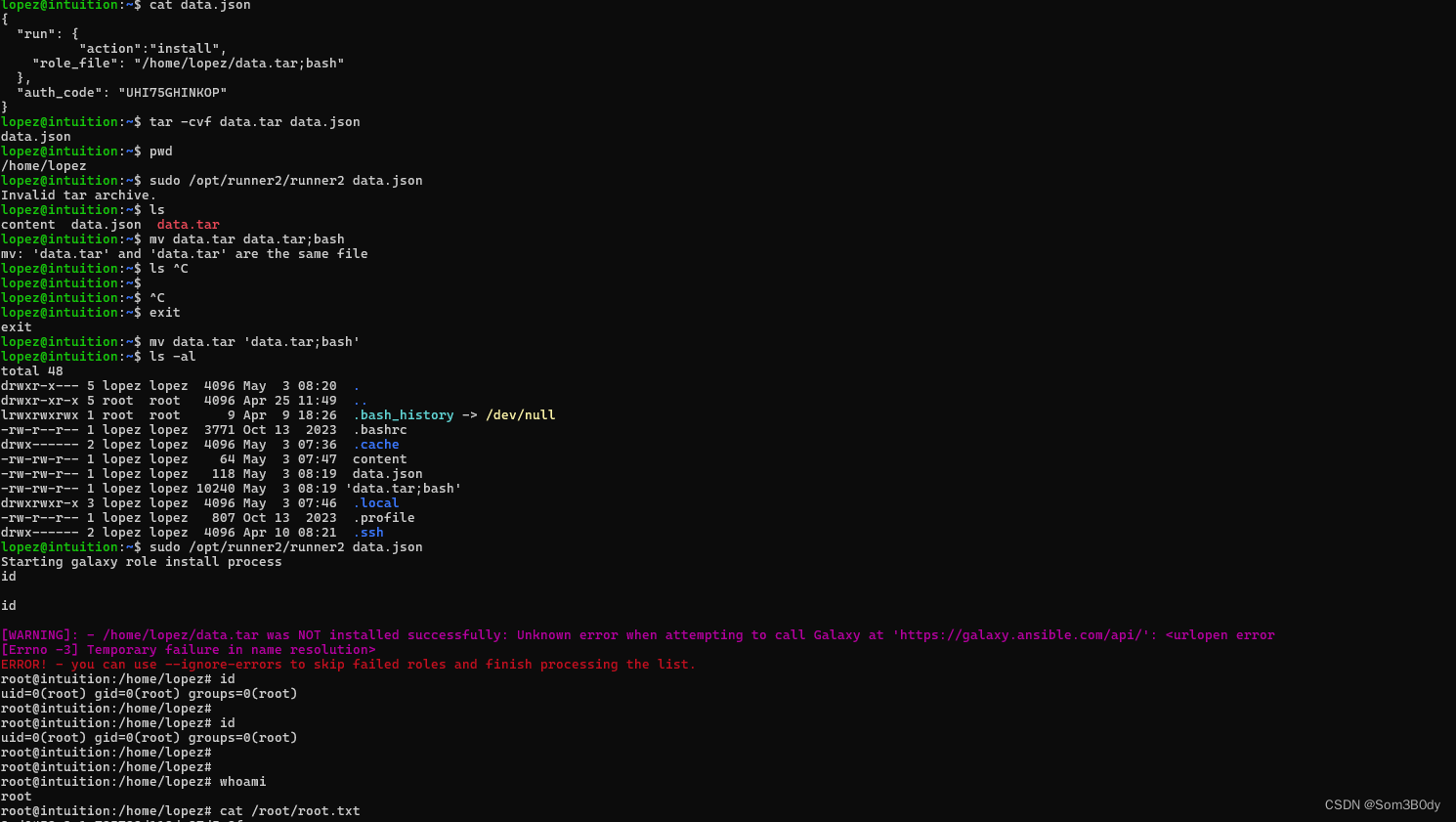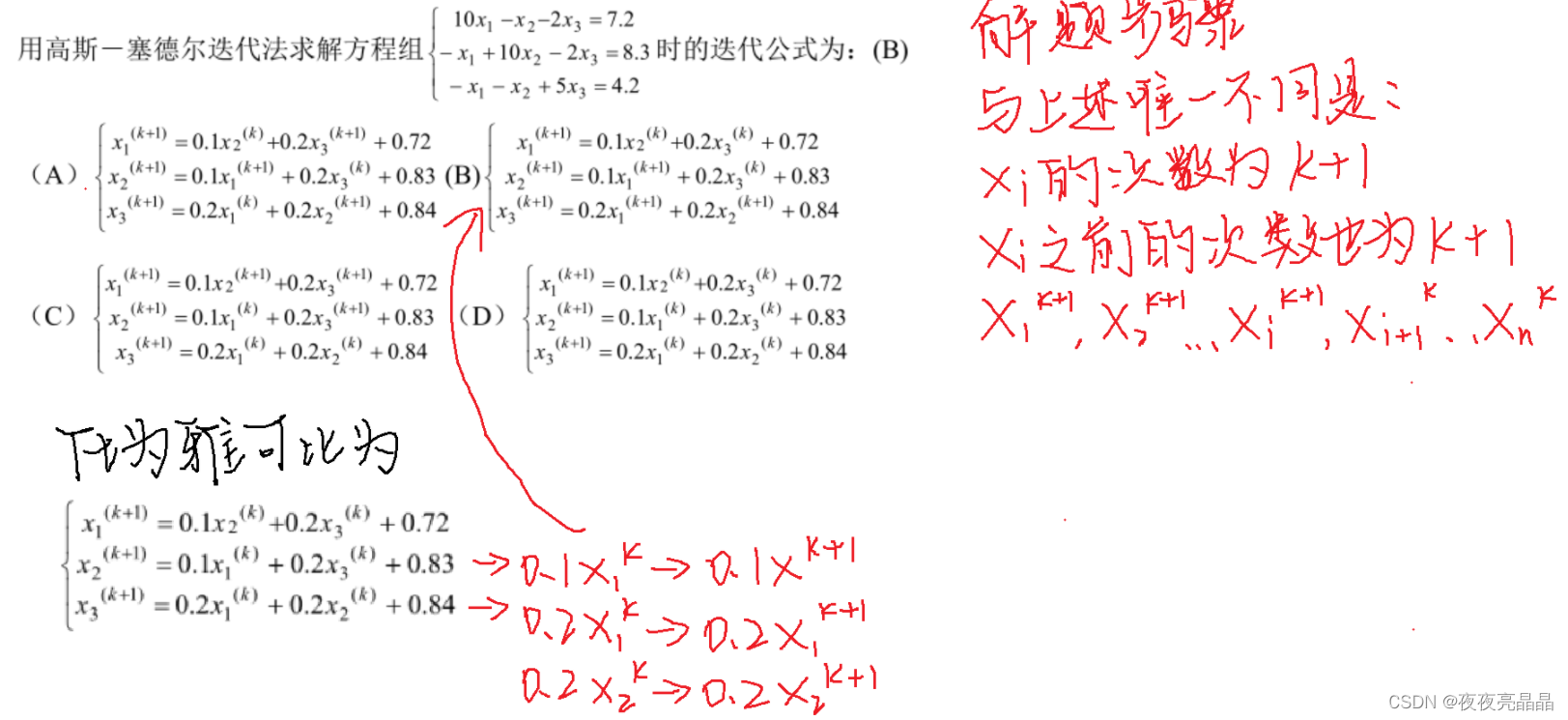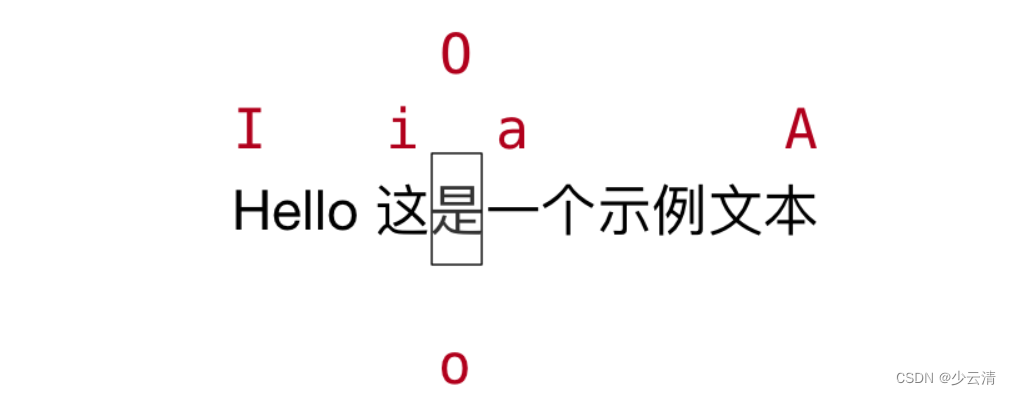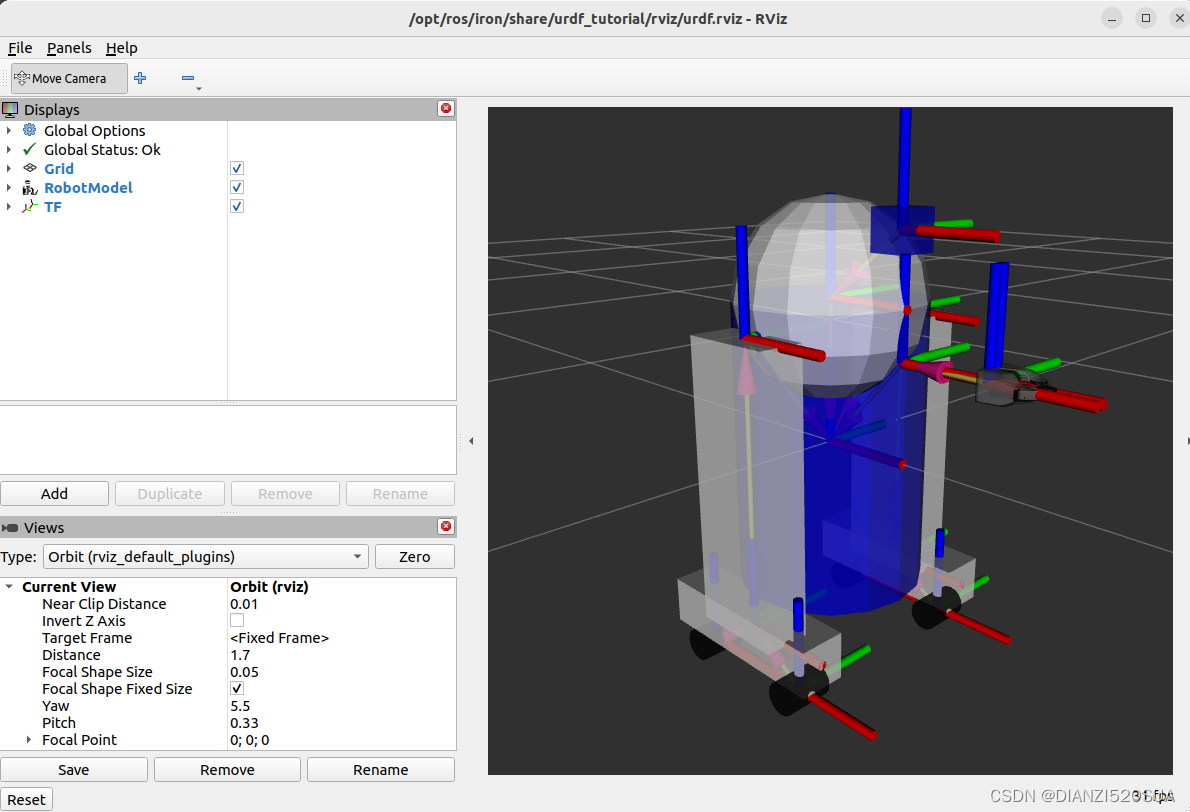
归纳编程学习的感悟,
记录奋斗路上的点滴,
希望能帮到一样刻苦的你!
如有不足欢迎指正!
共同学习交流!
🌎欢迎各位→点赞 👍+ 收藏⭐ + 留言📝
既然选择了远方,当不负青春,砥砺前行!

SeqStack.h
#pragma once
#include<stdio.h>
#include<stdlib.h>
#define MaxSize 100
typedef int DataType;
typedef struct
{
DataType data[MaxSize];
int top;
}SeqStack;
void InitSeqStack(SeqStack* S);
int StackEmpty(SeqStack S);
int GetTop(SeqStack S, DataType* e);
int PushStack(SeqStack* S, DataType e);
int PopStack(SeqStack* S, DataType* e);
int StackLength(SeqStack S);
void ClearStack(SeqStack* S);SeqStack.cpp
#include "SeqStack.h"
#define _CRT_SECURE_NO_WARNINGS 1
void InitSeqStack(SeqStack* S)
{
S->top = -1;
}
int StackEmpty(SeqStack S)
{
if (S.top == -1)
{
return 1;
}
else
{
return 0;
}
}
int GetTop(SeqStack S,DataType *e)
{
if (S.top <= -1)
{
printf("栈已为空!\n");
return 0;
}
*e = S.data[S.top];
return 1;
}
int PushStack(SeqStack* S, DataType e)
{
if (S->top == MaxSize - 1)
{
printf("栈已满,不能将元素入栈!\n");
return 0;
}
S->top++;
S->data[S->top] = e;
return 1;
}
int PopStack(SeqStack* S, DataType* e)
{
if (S->top == -1)
{
printf("栈中已经没有元素,不能进行出栈操作!\n");
return 0;
}
*e = S->data[S->top];
S->top--;
return 1;
}
int StackLength(SeqStack S)
{
S.top++;
return S.top;
}
void ClearStack(SeqStack* S)
{
S->top = -1;
}
main.cpp
#define _CRT_SECURE_NO_WARNINGS 1
#include"SeqStack.h"
int main()
{
SeqStack S;
int e;
InitSeqStack(&S);
PushStack(&S, 10);
PushStack(&S, 20);
printf("%d\n", StackLength(S));
GetTop(S, &e);
printf("%d\n", e);
PopStack(&S, &e);
GetTop(S, &e);
printf("%d\n", e);
PopStack(&S, &e);
printf("%d\n", e);
if (StackEmpty(S) == 1)
{
printf("栈已为空\n");
}
PushStack(&S, 50);
GetTop(S, &e);
printf("%d\n", e);
ClearStack(&S);
if (StackEmpty(S) == 1)
{
printf("栈已为空\n");
}
return 0;
}